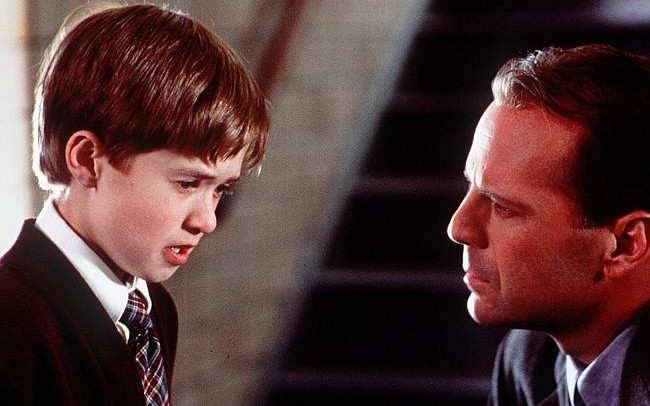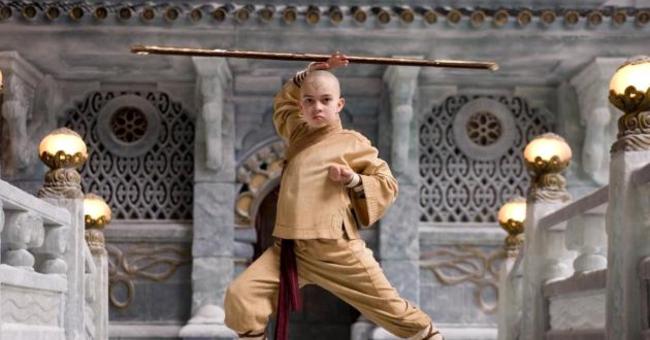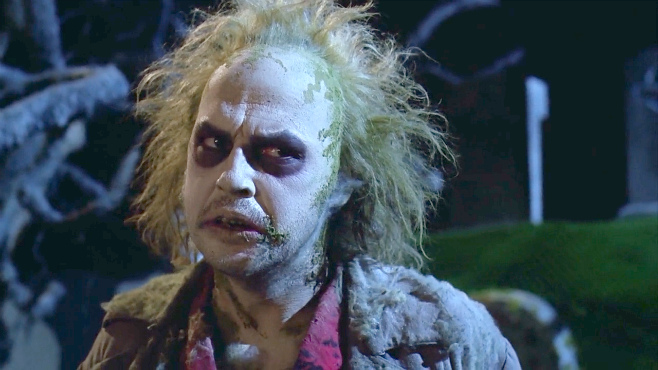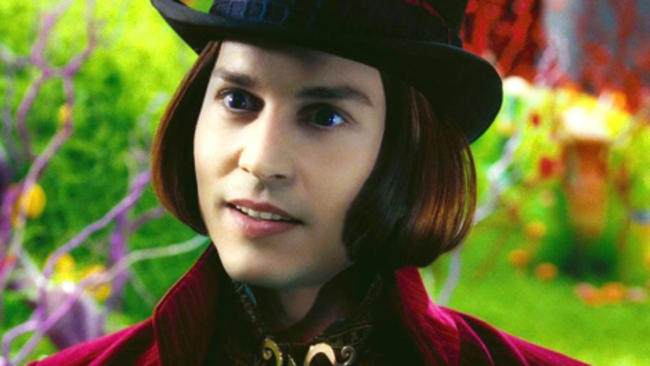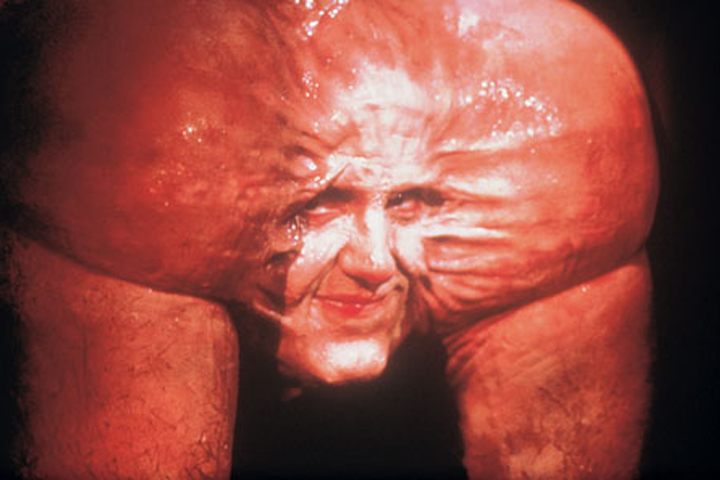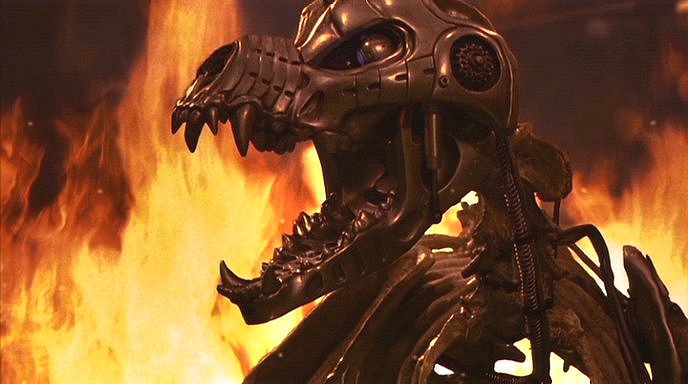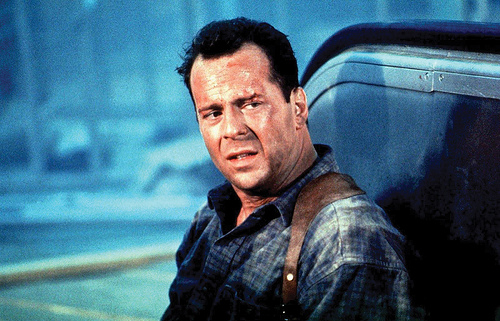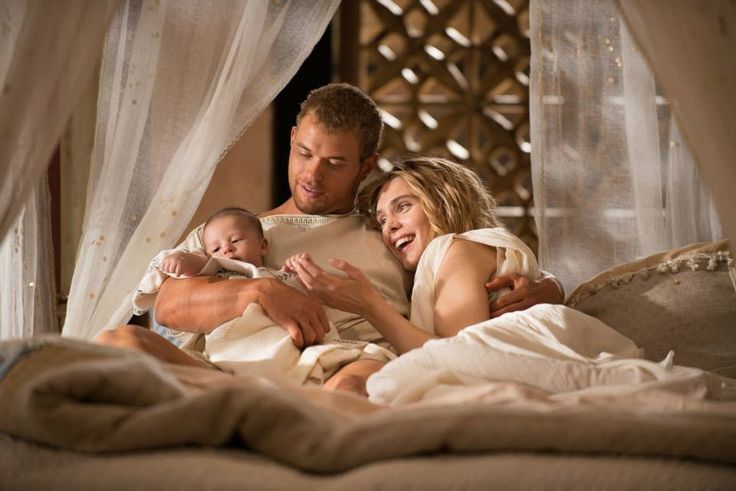One of the most disheartening things to happen to a hardcore movie fan is watching when one of their heroes falls from cinematic grace. This isn’t just making a bad movie occasionally — create a large enough body of work, it’s bound to happen. This is when a once great filmmaker, a bastion of film integrity, starts making nothing but bad movies, when a legend (or at least a halfway decent filmmaker) becomes a painful hack.
Genre filmmakers — those who work in genres like fantasy, horror and science fiction — are especially prone to this. While being able to work in a variety of genres, tones and styles have helped to keep the likes of Martin Scorsese and Steven Soderbergh from falling prey to the curse, working almost exclusively in one style of narrative tends to deplete the energy, focus and desire of filmmakers even faster.
The ability to effectively craft imaginative new worlds, stage exciting action sequences and scare the pants audiences becomes drastically reduced as the years grind on and either apathy or exhaustion (or both) take their toll. Here are eight once-great (well, seven once-great and one fairly fun) directors who went from making films that were enjoyable, even beloved, to making films that had an increasing number of fans rolling their eyes and shaking their heads.
1. M. Night Shyamalan
One Manoj Nelliyattu Shyamalan first came to prominence in 1999 with the massive breakthrough success of his third film — the juggernaut supernatural thriller The Sixth Sense, which netted a worldwide box office gross of $673 million dollars and numerous Oscar nominations, including Best Picture and Best Director.
Such seemingly out of nowhere success was vindication for a filmmaker whose first two films, dramas Praying With Anger (1992) and Wide Awake (1998), were almost completely ignored. Shyamalan was quickly anointed the “next Spielberg” by…everyone and for a while there he seemed to make good on that promise, swiftly delivering 2000’s Unbreakable, a moody dissection of the superhero myth before superhero films were cool, and then the genuinely scary alien invasion megahit Signs (2002).
Even though there was evidence of trouble in paradise — Shyamalan’s ego, for one thing, well-evident in interviews — he was one of the most exciting auteurs of the early aughts, moving genre filmmaking away from the snarky preciousness of the post-Scream late ‘90s toward a return to more patient, classical filmmaking.
However, with the director’s penchant for increasingly lame twist endings, larger and larger cameos in his own movies, and big-headed, self-aggrandizing magazine interviews, critics, naysayers and even some fans started to think Shyamalan was an Emperor without Clothes. 2004’s The Village was a moderate hit, but audiences balked at the stiff acting, stilted dialogue and ridiculous ending.
Still it was nothing compared to the absolute folly of 2006’s Lady in The Water. Subtitled “A Bedtime Story”, Shyamalan based his wonky modern fairy tale about a depressed building manager discovering a water nymph on the run from a werewolf (or something like that) on a story he made up for his daughter and cast himself as a writer whose works will have a Jesus-like effect on the world.
Critics, who already had their knives sharpened, rightfully dug in, and with each subsequent effort Shyamalan fell further from wunderkind into laughing stock territory.
There was The Happening, a laughable B eco-thriller in which Mark Wahlberg pleads with a ficus and runs away from the wind; the truly abysmal live action adaptation The Last Airbender, which condensed an entire season’s worth of a beloved anime series into a poorly paced, terribly CG’d and badly acted summer (non)event film that also happened to completely whitewash the Asian heroes of the original TV show while also casting all the villains with Indian actors; and After Earth, a work-for-hire effort that had Shyamalan shepherding a pro-Scientology scifi screed and vanity project for Will Smith’s less-than-talented teenage son Jaden.
By the time After Earth hit screens and promptly flopped, Shyamalan had lost all traces of his early promise, turning into a deluded, pompous hack, box office poison mocked far and wide. Recently, Shyamalan’s made inroads toward repairing his tarnished reputation, creating the well-received TV drama “Wayward Pines” and stripping down for the surprisingly good, though not great, found footage horror The Visit. Still it’s too early to tell if that is-grandma-evil? creeper is the start of a return for the one-time next Spielberg or just a fluke in career that has spent the last decade rapidly spiraling down the drain.
2. Tim Burton
Few directors can boast a career as enviable as Tim Burton’s; for at least the first 15 years of it, from his debut with 1985’s PeeWee’s Big Adventure to 1999’s Gothic horror homage Sleepy Hollow, almost everything the former Disney animator touched became solid gold, either a critical favorite or a box office hit, or, more often than not, both.
Even the lone outlier in this period, 1996’s ‘50s scifi spoof Mars Attacks!, has long since been reevaluated as a delightfully campy and morbid cult classic. During this time, Burton delivered modern classics like the wildly imaginative horror comedy Beetlejuice (1988), the fanciful Goth love story Edward Scissorhands (1991), a glorious biopic of an unglorious subject, Ed Wood (1994), and the first two films to feature the Caped Crusader, 1989’s Batman and 1992’s Batman Returns, the latter of which went hog-wild with Burton’s love of classic horror cinema.
It all came crashing down, though, with 2001’s dreary, dull remake of Planet of the Apes. A work-for-hire film, it was easily the beloved director’s most anonymous film, a generic catalogue of action setpieces completely out of place the rest of the way of Burton’s idiosyncratic oeuvre.
Few people at the time knew this was the beginning of the end for Burton as a great filmmaker, because he did turn around and deliver his most personal and emotionally accessible film immediately afterward with 2003’s Big Fish. Alas that film, alongside his gory musical Sweeney Todd: The Demon Barber of Fleet Street, rep the only oases of comfort in an ongoing dry patch of poor, soulless filmmaking that has curdled Burton’s mix of macabre whimsy into an easily recognizable, commercial brand.
Ironically, this has also been the most fiscally lucrative period of Burton’s career, as he’s launched some of the biggest and most successful blockbusters in his filmography. Yet the bigger he goes, the worse he gets, as evidenced by the bland Planet, the garish Disney apocalypse of 2010’s Alice In Wonderland (his worst film by far) and the unintentionally creepy revamp of Charlie and the Chocolate Factory (2005.)
Even films like Corpse Bride (2005) and Frankenweenie (2012), neither of which are bad per se, are still pale imitations of his triumphant The Nightmare Before Christmas (1993), which he only produced, but which also bears his unmistakable imprint.
Burton did surprise by ditching his darkly cutesy visual signifiers and (too) frequent stars Johnny Depp and Helena Bonham Carter for the relatively low-key fact-based dramedy Big Eyes (2014), so there is some hope for a return to glory for Burton, but his upcoming slate of films — Miss Peregrine’s School for Peculiar Children, Beetlejuice 2 — seem to indicate just more of the same old, same old.
3. Brian Yuzna
Brian Yuzna began his career as a producer, helping genre icon Stuart Gordon bring his fondly remembered first works — Re-Animator, From Beyond and Dolls — to fore. That alone is enough to ensure Yuzna’s place in film history, but he proceeded to shine in his own initial directorial efforts, running with Gordon’s blackly comic madcap sensibilities and taking them even farther, teaming up with FX artist “Screaming” Mad George to bring bizarre, literally twisted body horror creations to life, starting with his brilliant, weird, goopy rich-eat-the-poor satire Society (1988.)
Yuzna then became a low-budget sequel specialist, pushing existing franchises into strange new places. Never one for sloppy, misanthropic gore, the director instead embraced creatures made from unusual contortions of the human body, as seen in his rambunctious Bride of Re-Animator (1990) and his piece de resistance Return of the Living Dead 3 (1993), which couched a tragic teen love story in a zombie flick and created a kinky horror heroine out of Mindy Clark’s undead leading lady, who embraces masochistic body modification as a way of staving off her hunger pangs.
During this time Yuzna provided the story for the Disney blockbuster Honey, I Shrunk the Kids (a favorite of ‘90s kids everywhere), wrote, produced and directed a segment of the entertaining HP Lovecraft anthology Necronomicon: Book of the Dead (1993) and allowed “LA Law” star Corbin Bernsen go gloriously unhinged as a homicidal tooth-doctor in two The Dentist movies (1996/8) before delivering a scifi take on Rosemary’s Baby with 1998’s Progeny.
In the early part of the 2000s, Yuzna decamped for Spain and hooked up with the Filmax company, producing and/or directing several direct-to-video films for an international audience. There was a difference though: while the budgets remained as low as ever, the creativity that seemed to make a virtue of such cheapness evaporated almost completely.
While Yuzna’s tenure with Filmax produced a couple decent movies as a producer (Gordon’s Dagon, the Gothic werewolf drama Romasanta), most of the films turned out to be generic filler (a la Arachnid) and all of Yuzna’s directorial work with them proved useless, from the ambitious but dull dark superhero saga Faust: Love of the Damned (2000), to the haunted lake tale Beneath Still Waters (2005), to the glorified SyFy Channel movie Amphibious (2010.)
The worst of this sorry lot was 2004’s Rottweiler, a Terminator-meets-Cujo mishmash about a man pursued by a cyborg dog that should’ve been a lot more entertaining than it was. The only Yuzna-directed film made during this Filmax period that evidenced even an ounce of his imagination was Beyond Re-Animator (2003), and even that feels like a desperate attempt to capture past glories. With no upcoming projects listed on his IMDB page, it’s sadly safe to assume that we may have seen the last of Yuzna’s gooey form of crazy.
4. Renny Harlin
Unlike a lot of filmmakers on this list, Renny Harlin was never considered a great filmmaker. In fact, he’s pretty much a considered a hack, lumped alongside the Len Wisemans and Jonathan Liebesmans of the world. But there was a time, long ago, when Harlin was actually a decent orchestrator of entertaining popcorn.
His 1988 American debut Prison is an underrated entry in the late ‘80s horror sweepstakes, and he managed to wrangle A Nightmare on Elm Street 4: The Dream Child into a pretty watchable, if flawed, film — not bad considering he had no complete script, thanks to a writer’s strike.
He then turned his attentions to the action genre, giving the world a solid, if inferior, sequel to Die Hard (Die Hard 2: Die Harder, 1990) and the Sylvester Stallone mountain-climbing adventure Cliffhanger (1993.)
Sure he may have nearly derailed the careers of both him and his then wife, Geena Davis with his expensive 1995 pirate flop Cutthroat Island (he certainly ended Matthew Modine’s leading man career), but he recovered, somewhat, with the cult hits The Long Kiss Goodnight (1997) and Deep Blue Sea (1999), a rare theatrically released killer shark movie, and one with a truly memorable jump scare. (If you’ve seen it, you know the one.)
Then the new millennium happened and that was it — Harlin didn’t just turn bad, he didn’t just make films that failed to live up to their predecessors, he seemed to turn straight up terrible all together. It was as if a switch suddenly got flipped and Harlin lost all professionalism, becoming a truly incompetent filmmaker, albeit one still blessed with a budget.
His post-2000 career has still alternated between action films (Driven, 2001, 12 Rounds, 2009) and horror films (Exorcist: The Beginning, 2004, Mindhunters, 2005, The Covenant, 2006), all which repped some of the worst examples of their respective genres in the years they were released.
The last few years have seen Harlin working mostly in episodic television, which may be for the best — his most recent theatrical release, The Legend of Hercules (2014), which cast a fourth-string Twilight hunk as the Greek demigod, may easily be one of the worst things that Harlin has ever directed, and that’s saying a lot.
